The International Gas Union (IGU), is the Global Voice of Gas, with the mission to improve the quality of life by advancing Gas as a key contributor to a sustainable energy future”.
IGU firmly supports the United Nations Framework Convention on Climate Change (UNFCCC) and the Paris Agreement. We actively support the implementation of Nationally Determined Contributions (NDCs).
The global energy landscape has undergone profound changes over the past three years. Together with its members, the IGU has positively contributed to the global energy landscape by raising the issues of energy security and affordability and promoting energy cooperation.
Energy is the essence of sustainable development for human beings, and a core power for improving the quality of life and promoting economic prosperity. Currently, against the backdrop of sluggish global economic growth, geopolitical uncertainties, and record-high greenhouse gas emissions, the pattern of energy supply and demand has been further reshaped, with both opportunities and challenges coexisting for the green and low-carbon transition. Gas will play a big role in it.
Gas refers to a series of gaseous energy sources including natural gas, LNG, low-carbon, decarbonised and renewable gases. Gas is a critical enabler of global energy security, a driving force for the multiple energy transition pathways, and the core support for achieving the United Nations Sustainable Development Goals.
In May 2025, in Beijing China, IGU held the 29th World Gas Conference, also known as WGC2025, themed "Energising a Sustainable Future". As a result of WGC2025 proceedings, we have summarised the viewpoints of all parties in attendance and formulated the WGC2025 Beijing Declaration. As an outcome of WGC2025, this Declaration articulates the position and role of Gas in energising a sustainable future, serving as a broad consensus and a guiding compass for the global Gas industry.
International Gas Union Affirms:
Gas is essential to human progress and global growth. Its flexibility, adaptability, efficiency, and deployability make it ideally suited to meet rising global energy demand, foster political cooperation, improve the standard of living of developing nations, and tackle climate change.
Gas is vital for enhancing energy security and meeting global energy demand. Natural gas is a clean, low-carbon, efficient energy resource that is abundant in reserves and mature in technology. It provides a solid foundation for the long-term stability of the global energy supply.
Gas is a crucial component for constructing resilient energy systems. The vast and well-developed natural gas infrastructure network exists worldwide, and LNG is rapidly developing, greatly facilitating global trade in natural gas and providing increased convenience and flexibility for natural gas supply. A diverse gas supply enables natural gas to more effectively address various risks and enhances the resilience of energy systems.
Gas is a primary foundation for achieving an orderly and just energy transition. Since natural gas has much lower greenhouse gas emissions than coal, the coal-to-gas switch can significantly improve air quality, enhance public health, and elevate living standards. For developing countries with coal-dominated energy systems and growing energy demands, natural gas represents the most realistic solution for replacing coal, combating air pollution, addressing energy poverty, and reducing carbon emissions.
Gas is the best partner for renewable energies. As a stable, flexible, and dispatchable energy resource, natural gas can effectively help mitigate the discontinuity and instability of renewable energy. It addresses the intermittency of renewable energy power supply and enhances the security and stability of the power grid.
Renewable gas is a valuable pathway to energy transition. Renewable gases, represented by bio-methane, e-methane, hydrogen etc., offer another important route towards a sustainable energy system.
In conclusion, Gas plays a pivotal role in driving economic development, ensuring energy security, and achieving climate targets.
International Gas Union calls upon all Gas industry practitioners and organisations to:
increase natural gas supply; step up efforts to develop conventional natural gas resources; exploit unconventional resources such as shale gas and coalbed methane effectively; fully tap into potential reserves; continuously expand the natural gas supply capacity; optimise industrial chain layouts; strengthen supply chain resilience; and promote global energy security.
boost technological innovation in the Gas industry; constantly advance technological innovation, research and development; increase investment in Gas-related research and expand its application scenarios; constantly promote the integration of the Gas industry with new technologies, such as artificial intelligence, to achieve sustainable, efficient and fully integrated industry developments.
enhance emission mitigation across the entire value chain; raise awareness of decarbonisation imperatives and formulate feasible carbon reduction plans; accelerate the deployment of Carbon Capture, Utilisation, and Storage (CCUS) technologies to effectively reduce emissions; establish a methane monitoring system covering the entire industry chain to mitigate methane emissions.
strengthen the attraction of talented personnel in the Gas industry; build a multi-tiered talent system with a focus on nurturing young professionals; foster innovative and interdisciplinary talent capable of meeting the demands of industry development and energy transition, ensuring a large number of skills for the industry's sustainable development.
International Gas Union also calls upon policymakers and industry stakeholders to:
adopt pragmatic and inclusive energy transition policies; fully recognise national and regional differences in resource endowment and economic development; acknowledge the distinct role that Gas plays in different countries, regions, and varied development stages.
enhance investment into the Gas sector; develop natural gas exploitation and infrastructure that meets market demand; substantially scale up investment in renewable gases and negative-carbon technologies; optimise capital allocations and lower financing costs for the industry.
deepen international cooperation; jointly foster a fair, equitable and mutually beneficial global trade environment; eliminate market barriers across supply and demand chains; mitigate impediments to international trade flows; and advance the sharing of cutting-edge technologies alongside the integration of resource networks.
IGU remains steadfast in collaborating with all its global partners to shape a new energy system and to energise a sustainable future for all.


